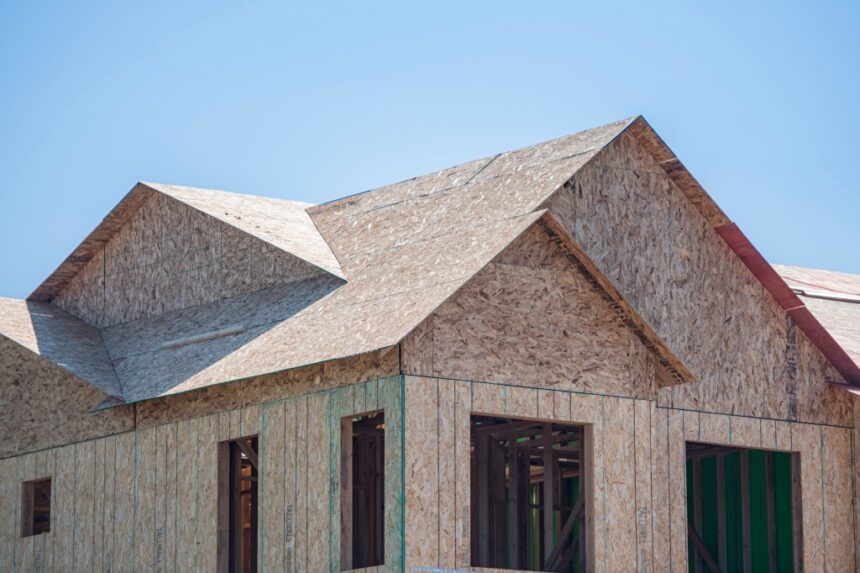Delwest is bringing some income-restricted apartments to an “impressive” location.
The local developer closed last month on the purchase of 1.5 acres in the 2200 block of South Albion Street that it needed to develop a 170-unit income-restricted multifamily project.
“To be in this kind of core of Denver where you can sit there and say, your southern boundary is Cherry Hills and your northern boundary is Belcaro, it was pretty impressive for us, and we feel like the need is just so big,” said Joel DelZotto, Delwest CEO and 9resident.
In addition to the apartments, the project will incorporate a 5,000-square-foot preschool and a few townhomes in front of it.
Currently, there’s a handful of old office buildings at the site that Delwest is working on demolishing. It hopes to break ground on the project early next year.
The firm, which builds both income-restricted and market-rate housing, made the $7.5 million land purchase after being awarded nearly $4 million in tax credits last year from the Colorado Housing and Finance Authority, or CHFA.
Delwest got the tax credits just in time. Tax credits take into account a site’s census tract and certain ones — called “qualified census tracts,” or QCTs — are picked out by the federal government as desirable places for income-restricted development. Projects proposed within the boundary of a QCT get bonuses that make them more competitive when it comes to landing tax credits.
“In our case, the (qualified) census tract is actually expiring. So if it didn’t happen that round, it would never happen,” DelZotto said.
A QCT can be designated if 50 percent of households in the tract have incomes below 60 percent of the area median income, or if the area has a poverty rate of at least 25 percent.
Delwest’s QCT is shaped like a triangle, bounded by Interstate 25 to the east, Colorado Boulevard to the west and Yale Avenue to the south. About 1,800 people live there, with a median household income of $71,000, about 75 percent of the citywide $94,000 median household income, per American Community Survey data.
Other QCTs in Denver can be found in Globeville, Elyria-Swansea, Five Points and Cap Hill.
QCT’s are one of the many things that CHFA reviews when selecting which developments will receive low-income housing tax credits, which occurs in two rounds every year. Other factors include proximity to transit and servicing specific demographics such as senior citizens.
“To win these awards, you have to have so many compelling things. I think it’s just a game of do you hit all the metrics, and then CHFA has a hard decision to make,” DelZotto said.
“And there lies the problem with the business because you don’t want to close on real estate without having an award, of course. So trying to get sellers to be patient is complicated.”
DelZotto said his project won out for many reasons. It has a family-centric unit mix that includes three and four bedrooms, and the site is close to transit, grocery stores and high-performing schools.
Elsewhere in town, Delwest is completing its massive, roughly $90 million Greyhound Park development in Commerce City. The 60-acre site is getting a mix of single-family, apartments, duplexes and rowhomes built on it, totaling about 1,000 units. The firm has rental properties in Park Hill and far southeast Denver, and started its own property management business in 2020.
“My first project was $79,000 townhomes off of South Quebec Way,” said DelZotto, who is in his mid-50s.
“I came down here to build out some family holdings and then go home. I was a mid-20-year-old kid. And then, to make a long story short, my wife and I have two wonderful kids, and I feel like I got very lucky ending up in Colorado.”
Full story via BusinessDen
Get more business news by signing up for our Economy Now newsletter.
Originally Published:










